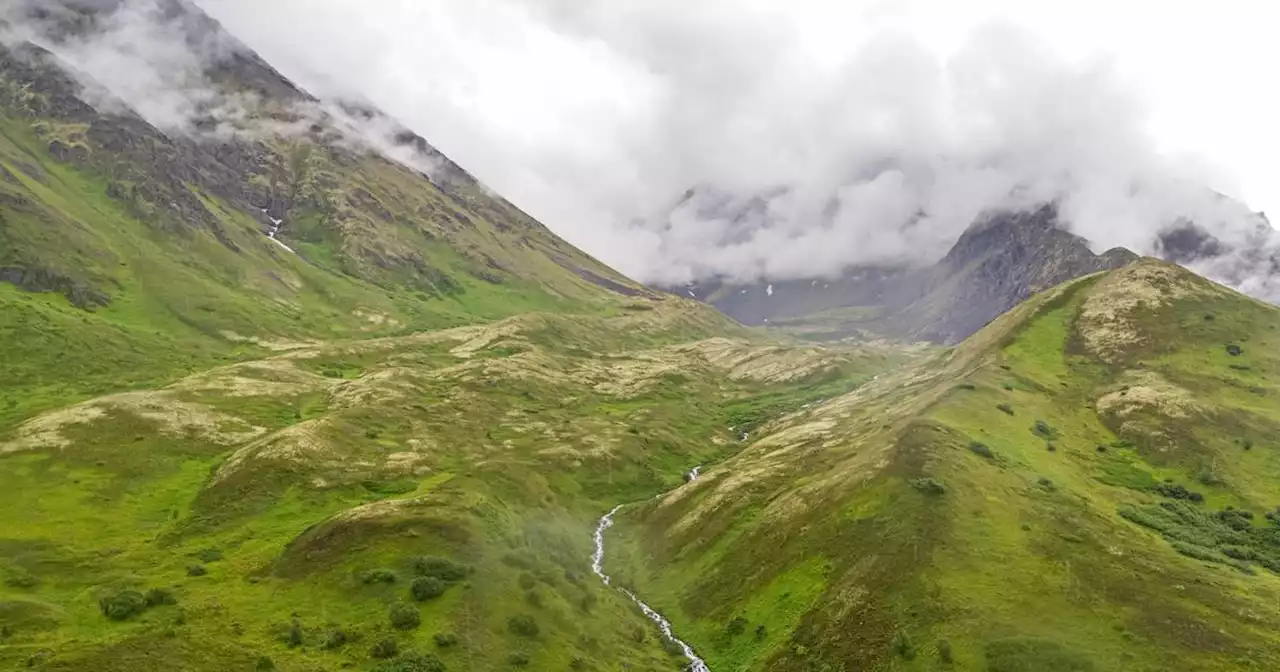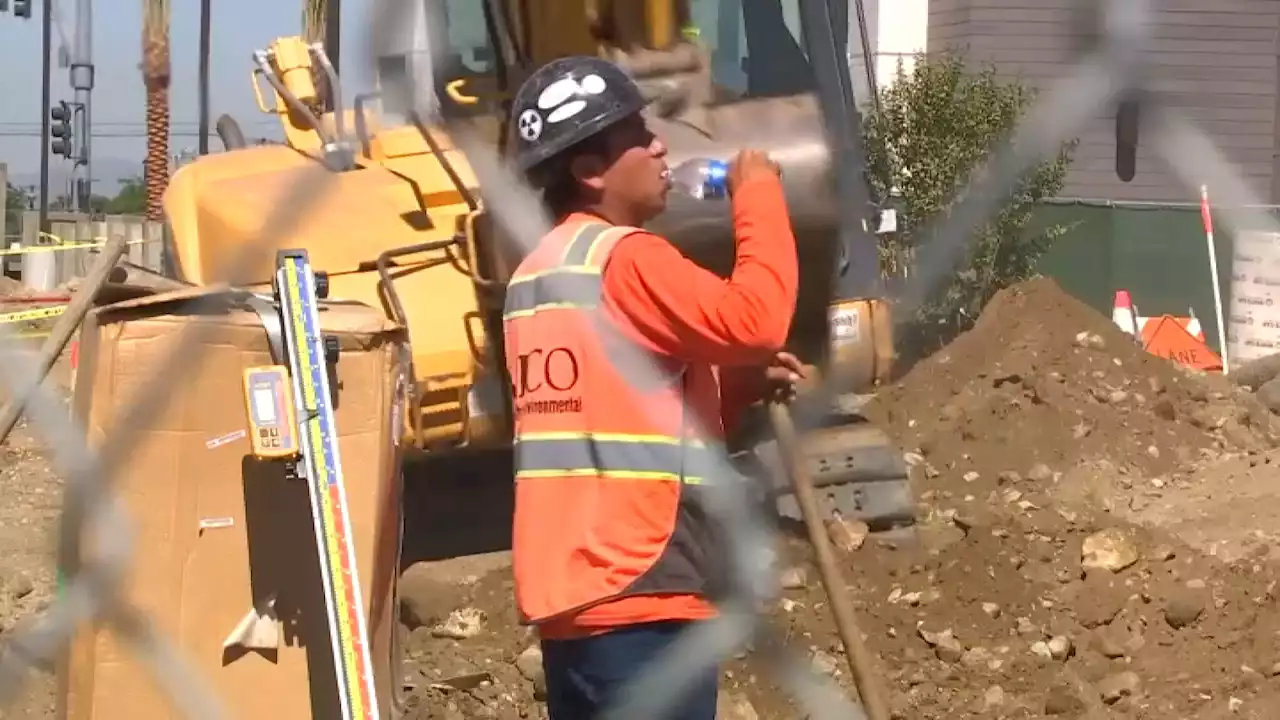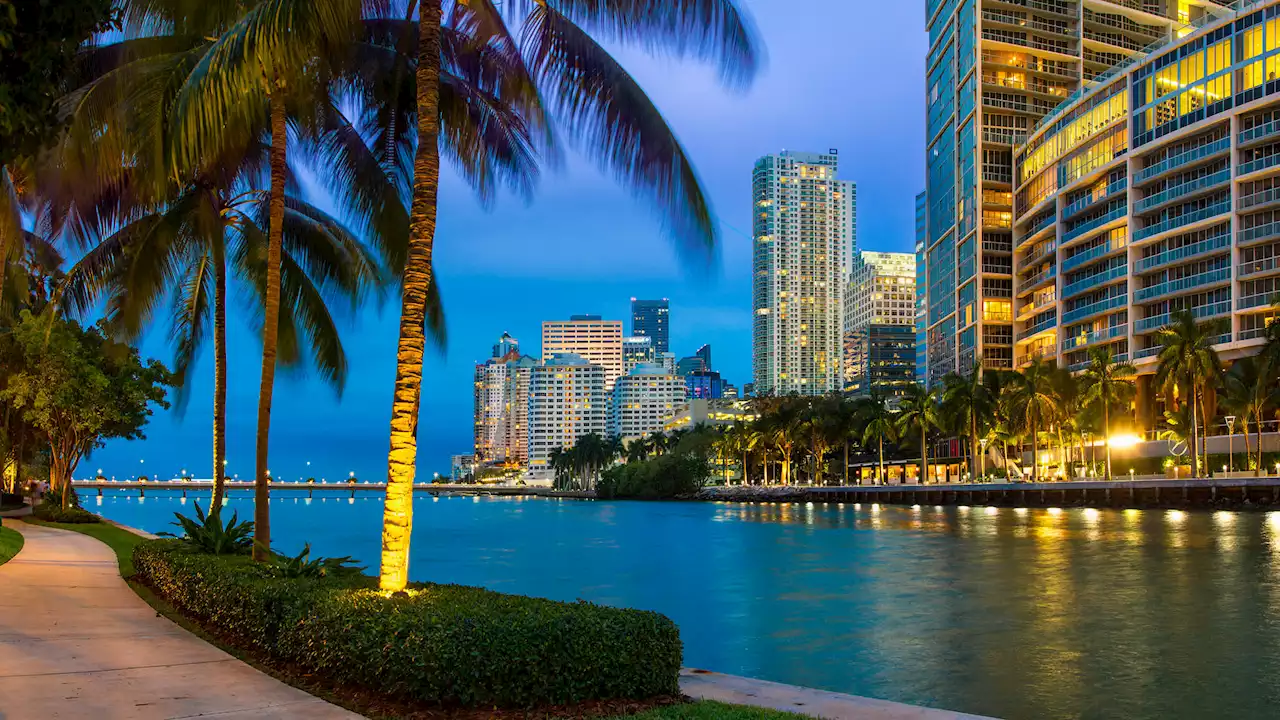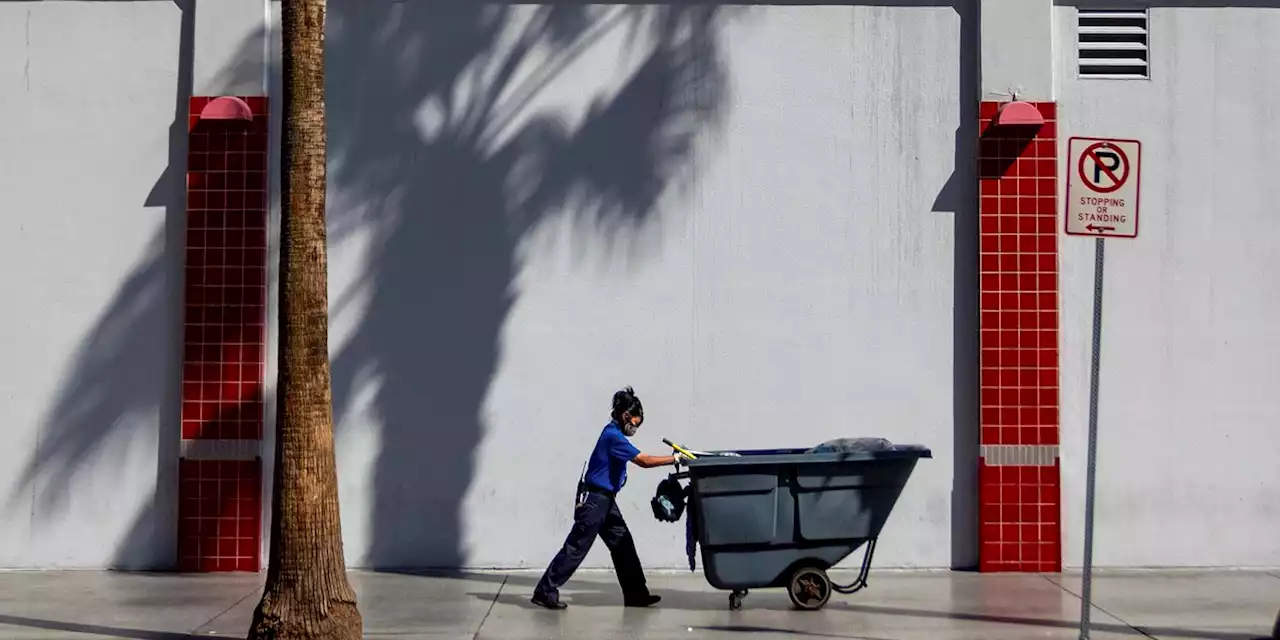State and federal governments have long implemented federal procedures for environmental risks exacerbated by climate change, namely drought, flood and wildfires.
But extreme heat protections have generally lagged with “no owner” in state and federal governments, said Ladd Keith, an assistant professor of planning at Arizona State University.
“What’s unsafe isn’t always clear,” said Juanita Constible, a senior advocate from the National Resources Defense Council who tracks extreme heat policy. “Without a specific heat standard, it makes it more challenging for regulators to decide, ‘OK, this employer’s breaking the law or not.’” Federal experts have recommended extreme heat protections since 1972, but it wasn’t until 1997 and 2006, respectively, that Minnesota and California adopted the first statewide protections. For a long time, those states were the exception, with only a scattering of others joining them throughout the early 2000s.“There are a lot of positive movements that give me some hope,” Keith said.
The measure faltered even after the temperature threshold for those protections was increased from 95 degrees Fahrenheit to 105 . Democratic lawmakers in Nevada are now trying to pass those protections through a regulatory process before next summer. “The first version is the employer that makes sure that their workers do have access to water, shade and rest,” he said in Spanish through an interpreter. “And the second type of employer is the kind who threatens workers with consequences for asking for those kinds of preventative measures.”
United States Latest News, United States Headlines
Similar News:You can also read news stories similar to this one that we have collected from other news sources.
 State report: Anti-ranked choice voting organization violated state lawAn organization founded by Kelly Tshibaka after she lost a U.S. Senate bid violated state law when it failed to report its income and spending, state watchdogs say.
State report: Anti-ranked choice voting organization violated state lawAn organization founded by Kelly Tshibaka after she lost a U.S. Senate bid violated state law when it failed to report its income and spending, state watchdogs say.
Read more »
 Nonprofit gets state funds to repair and reroute popular trails in Chugach State ParkThe three projects are linked to the Alaska Traverse, the new name for a 500-mile proposed system formerly known as the Alaska Long Trail.
Nonprofit gets state funds to repair and reroute popular trails in Chugach State ParkThe three projects are linked to the Alaska Traverse, the new name for a 500-mile proposed system formerly known as the Alaska Long Trail.
Read more »
 Workers exposed to extreme heat have no consistent protection in the USState and federal agencies are scrambling to find measures to combat what experts call one of the harshest and most neglected effects of climate change in the U.S.: rising heat deaths and injuries of people who work in triple-digit temperatures.
Workers exposed to extreme heat have no consistent protection in the USState and federal agencies are scrambling to find measures to combat what experts call one of the harshest and most neglected effects of climate change in the U.S.: rising heat deaths and injuries of people who work in triple-digit temperatures.
Read more »
 Young, rich workers are fleeing New York and California—here's where they're goingThis state might be known as a retirement destination, but it’s attracting plenty of young — and wealthy — newcomers.
Young, rich workers are fleeing New York and California—here's where they're goingThis state might be known as a retirement destination, but it’s attracting plenty of young — and wealthy — newcomers.
Read more »
 Labor unions are pushing hard for double-digit raises and better hours. Many are winningUPS workers and airline pilots have won rich labor deals. Hollywood writers and actors as well as auto workers could be next.
Labor unions are pushing hard for double-digit raises and better hours. Many are winningUPS workers and airline pilots have won rich labor deals. Hollywood writers and actors as well as auto workers could be next.
Read more »
